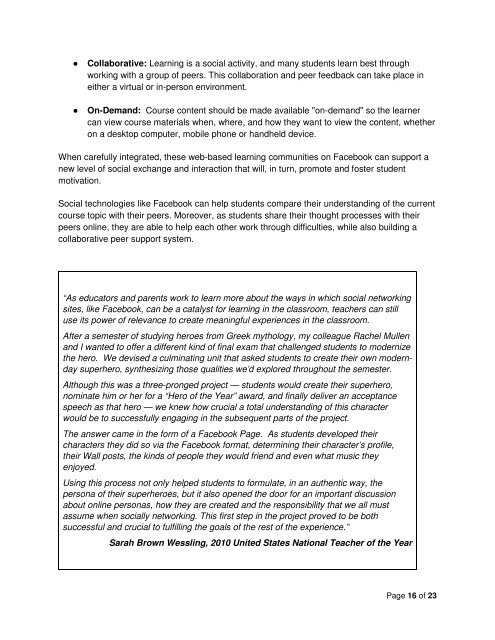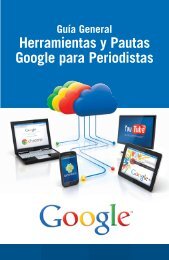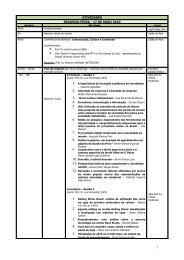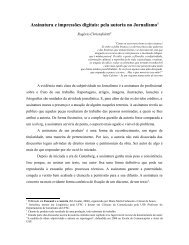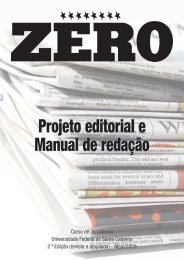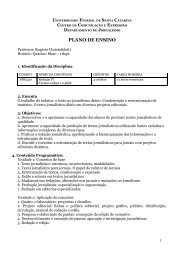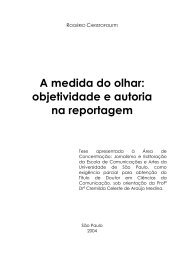Facebook for Educators - Internet Safety Wiki
Facebook for Educators - Internet Safety Wiki
Facebook for Educators - Internet Safety Wiki
Create successful ePaper yourself
Turn your PDF publications into a flip-book with our unique Google optimized e-Paper software.
● Collaborative: Learning is a social activity, and many students learn best throughworking with a group of peers. This collaboration and peer feedback can take place ineither a virtual or in-person environment.● On-Demand: Course content should be made available "on-demand" so the learnercan view course materials when, where, and how they want to view the content, whetheron a desktop computer, mobile phone or handheld device.When carefully integrated, these web-based learning communities on <strong>Facebook</strong> can support anew level of social exchange and interaction that will, in turn, promote and foster studentmotivation.Social technologies like <strong>Facebook</strong> can help students compare their understanding of the currentcourse topic with their peers. Moreover, as students share their thought processes with theirpeers online, they are able to help each other work through difficulties, while also building acollaborative peer support system.“As educators and parents work to learn more about the ways in which social networkingsites, like <strong>Facebook</strong>, can be a catalyst <strong>for</strong> learning in the classroom, teachers can stilluse its power of relevance to create meaningful experiences in the classroom.After a semester of studying heroes from Greek mythology, my colleague Rachel Mullenand I wanted to offer a different kind of final exam that challenged students to modernizethe hero. We devised a culminating unit that asked students to create their own moderndaysuperhero, synthesizing those qualities we’d explored throughout the semester.Although this was a three-pronged project — students would create their superhero,nominate him or her <strong>for</strong> a “Hero of the Year” award, and finally deliver an acceptancespeech as that hero — we knew how crucial a total understanding of this characterwould be to successfully engaging in the subsequent parts of the project.The answer came in the <strong>for</strong>m of a <strong>Facebook</strong> Page. As students developed theircharacters they did so via the <strong>Facebook</strong> <strong>for</strong>mat, determining their character’s profile,their Wall posts, the kinds of people they would friend and even what music theyenjoyed.Using this process not only helped students to <strong>for</strong>mulate, in an authentic way, thepersona of their superheroes, but it also opened the door <strong>for</strong> an important discussionabout online personas, how they are created and the responsibility that we all mustassume when socially networking. This first step in the project proved to be bothsuccessful and crucial to fulfilling the goals of the rest of the experience.”Sarah Brown Wessling, 2010 United States National Teacher of the YearPage 16 of 23


